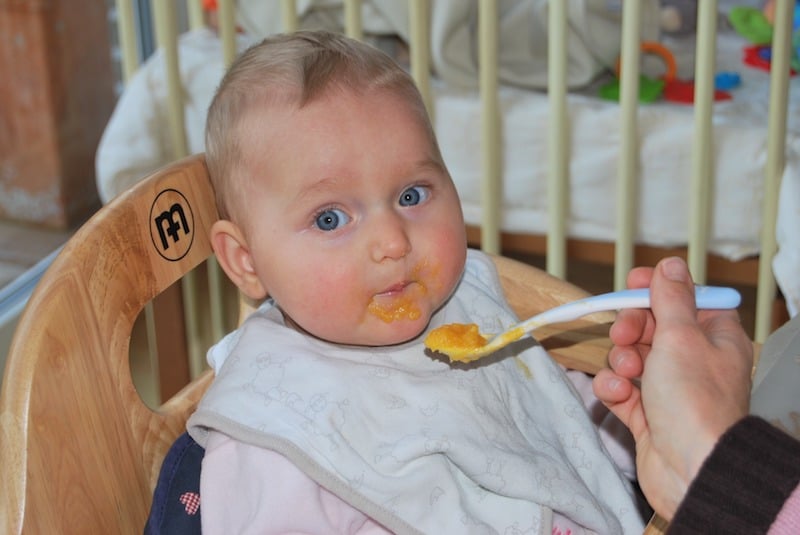Laboratory research, currently underway at the DST-NRF Centre of Excellence in Food Security (CoE), aims to provide an in-depth analysis of food contaminants in child-feeding practices that contribute to child malnutrition in South Africa.

Using Next Generation Sequencing (NGS) techniques, CoE researchers are examining the authenticity, safety and nutritional content of popular ready-to-consume highly processed products. The research is a collaborative initiative by research teams based at the University of the Western Cape (UWC) – led by Professor Eugenia D’Amato; the University of Pretoria (UP) – led by food safety expert, Professor Lise Korsten and the Sustainable Livelihoods Foundation, led by Dr Leif Petersen.
Between 2016 and 2017, the researchers collected samples from townships and mainstream wholesalers, small businesses and supermarkets in the Western Cape, Gauteng and the Free State. The samples were cataloguedand a database was established at UWC using a barcoding approach. The sample size comprised 200 products of each type of polony, baby food andcanned fish.
Using NGS and bioinformatics (collecting and analysing complex biological data such as genetic codes), researchers can identify all components of animal, plant, fungi and bacterial species found in processed foods.
NGS techniques make it possible to identify the origin and species content of highly processed foods such as Vienna, sausage, pate, polony and any type of shredded product
“The technique can also provide more information on the presence of foodborne pathogens such as Listeria monocytogenes” adds Korsten, who is also co-Director and Principal Investigator of the Food Safety Programme at the CoE.
With reports about the listeriosis outbreak highlighting the shortcomings of food safety practices within the SA food system, it is hoped that this research will help authenticate the content and safety of highly processed foods used for babies and toddlers and products of choice for the lowest income strata of the population as sources of protein.
This exciting research is located within the CoE’s research programme focussed on the persistence of child malnutrition. Two other studies running concurrently are Secondary Data Analysis to determine the levels, trends anddeterminants of malnutrition; and Child Malnutrition Case Studies which seek to understand context and reasons for persistent malnourishment.
All three studies are in progress and are due to be completed by the end of 2018.
WATCH: Prof Lise Korsten explains how food safety hazards affect food security
related Articles
Dr Degracious Kgoale’s mission to improve food safety in informal markets
Dr Degracious Kgoale is the first in her family to hold a doctorate. Photo EYEscape/CoE-FS. Degracious Moloko Kgoale, who recently…
Three CoE-FS nominations for this year’s ‘Science Oscars of South Africa’
Some of the CoE-FS’s staff, researchers and Steering Committee. Photo Ross Jansen/CoE-FS. The DSTI-NRF Centre of Excellence in Food Security…



